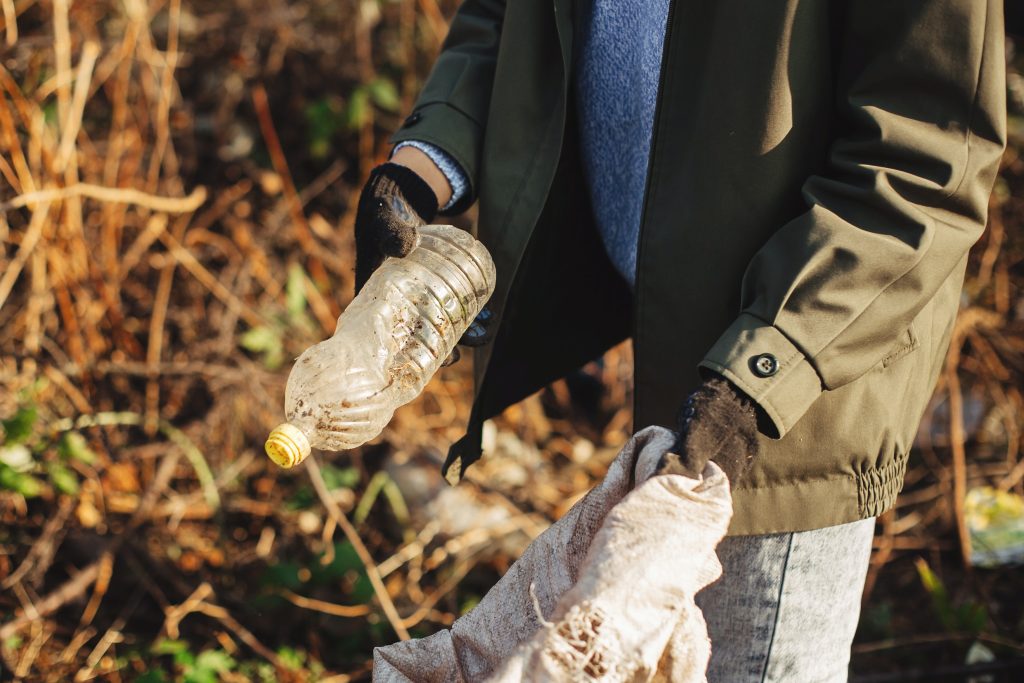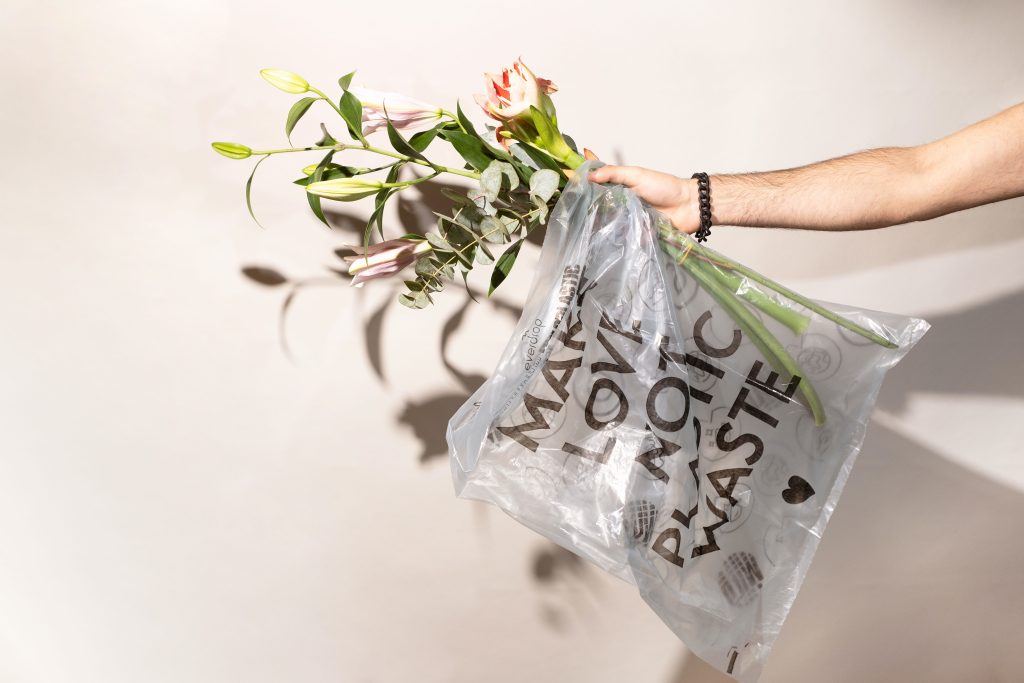The Complex Truth Behind Recycled Plastic
Recycled plastic, once hailed as a beacon of environmental hope, has increasingly faced scrutiny regarding its actual sustainability. At face value, recycling plastics seems like a promising solution, heralded for reducing the extraction of raw materials and curbing landfill growth. However, the reality is far more intricate, raising pertinent questions about its true sustainability and the challenges it grapples with.
The Promise of Sustainability
Plastic recycling is undoubtedly an essential component of the circular economy. By repurposing processed materials, it ostensibly lessens the strain on natural resources and mitigates greenhouse gas emissions. Advocates laud its ability to divert plastic waste from landfills, presenting it as a sustainable alternative. Yet, the statistics paint a different picture.

Startlingly, only a meager 9% of plastic waste undergoes recycling. While 15% is collected for recycling purposes, a staggering 40% of that is ultimately disposed of as residues. This highlights a significant inefficiency in the recycling process, a chasm between collection efforts and actual recycling rates.
The Myth of Complete Recyclability

One pivotal misconception revolves around the notion of plastics being 100% recyclable. Technologically speaking, all polymers possess recyclability potential. Some can be endlessly reused to create similar goods through processes like shredding and melting. However, the reality is starkly different. The sheer diversity of plastic types renders them unmixable, complicating recycling efforts. Moreover, many plastics degrade after a few uses, compromising their quality and rendering them unsuitable for recycling, leading to downcycling or mixing with virgin materials.
Challenges in Collection and Sorting
Waste management experts assert that the costly and intricate process of collecting and sorting plastics compounds the problem. With the vast array of plastic types and their inability to be melted together, the logistics of recycling become increasingly daunting. Furthermore, reused plastics tend to accumulate toxins, intensifying environmental concerns and posing health risks.

The Risks of Chemical Recycling
The allure of chemical recycling as a remedy to the plastic recycling conundrum has gained traction. However, this practice raises ethical and environmental red flags. Chemical recycling transforms plastic waste into smaller molecules, ostensibly to create fuel or low-grade plastics. Nonetheless, this method resembles incineration, emitting harmful toxins and pollutants, contributing to environmental degradation.

The Illusion of Endless Recyclability
Moreover, the mirage of endless recyclability evaporates upon closer inspection. Recycled plastics often necessitate mixing with virgin materials and, even then, can only undergo the recycling process two or three times before their quality deteriorates irreversibly. Unlike glass and aluminum, which maintain their integrity through recycling, plastics exhibit limitations that hinder their sustainable reusability.
Exploring Alternatives and the Road Ahead

Given these challenges, exploring alternatives becomes imperative. While addressing the complexity of plastic recycling remains important, embracing innovative solutions is crucial. Bioplastics derived from renewable sources and utilizing sustainable materials for packaging offer promising avenues. Implementing a shift towards a circular economy necessitates a comprehensive approach involving reduction, reuse, and responsible recycling practices.
In conclusion, the narrative surrounding recycled plastic’s sustainability isn’t straightforward. While it holds promise as a solution, its efficacy is impeded by logistical challenges, downcycling dilemmas, and environmental hazards. Rethinking our reliance on plastic, exploring alternative materials, and advocating for systemic changes are critical to achieving genuine sustainability in the fight against plastic pollution.


